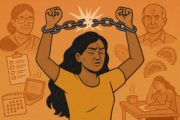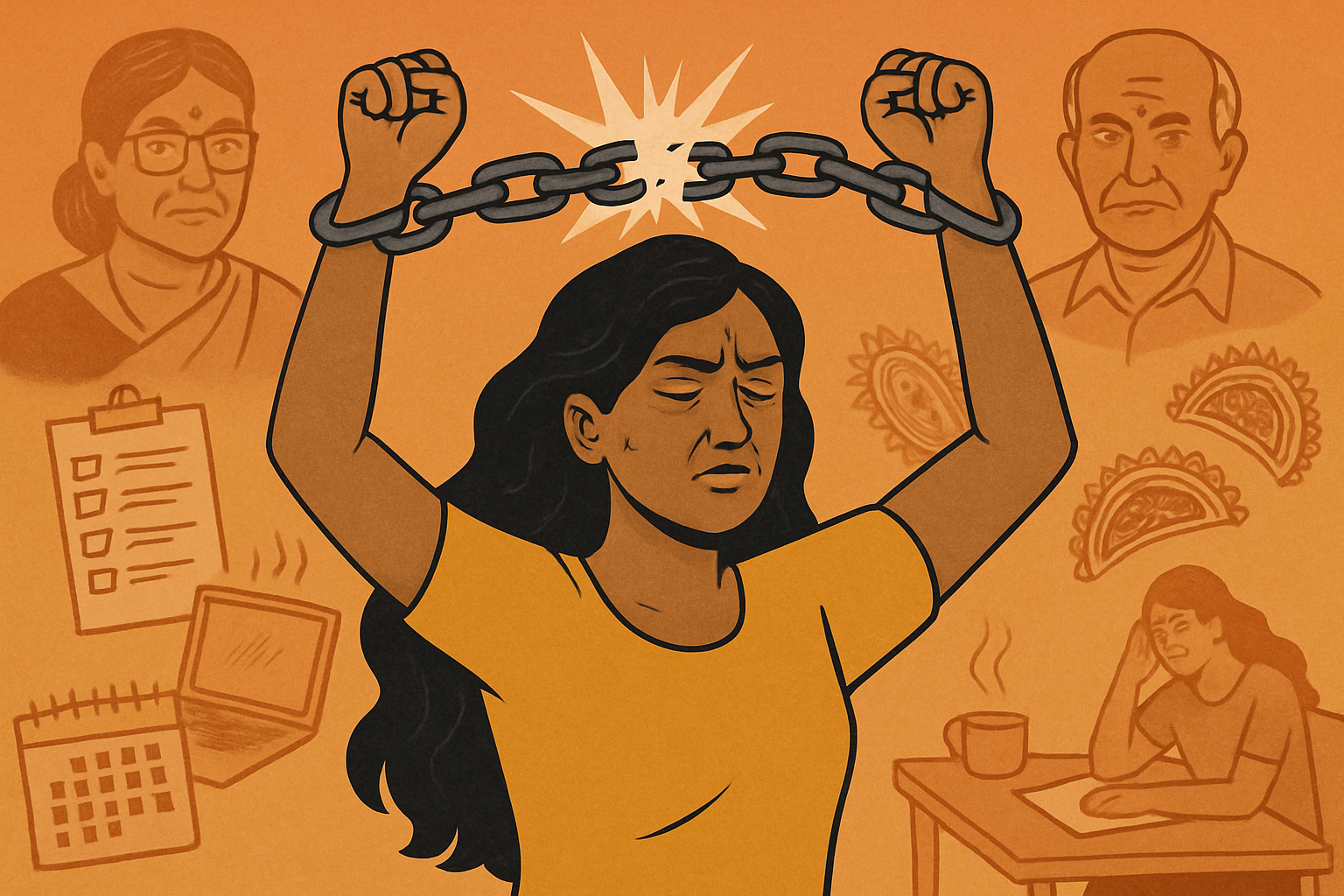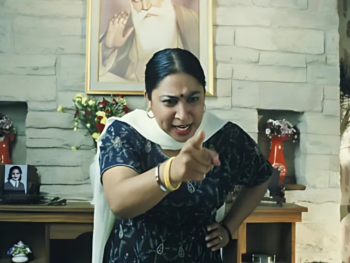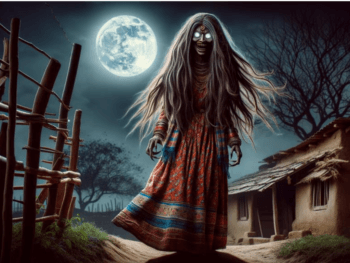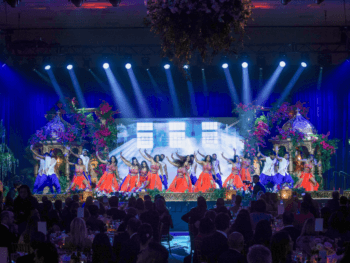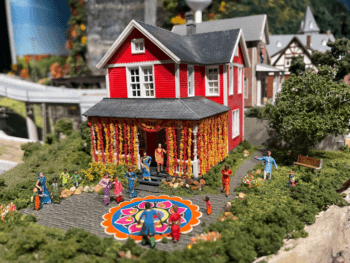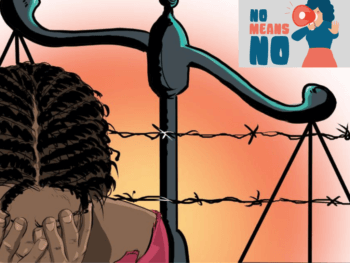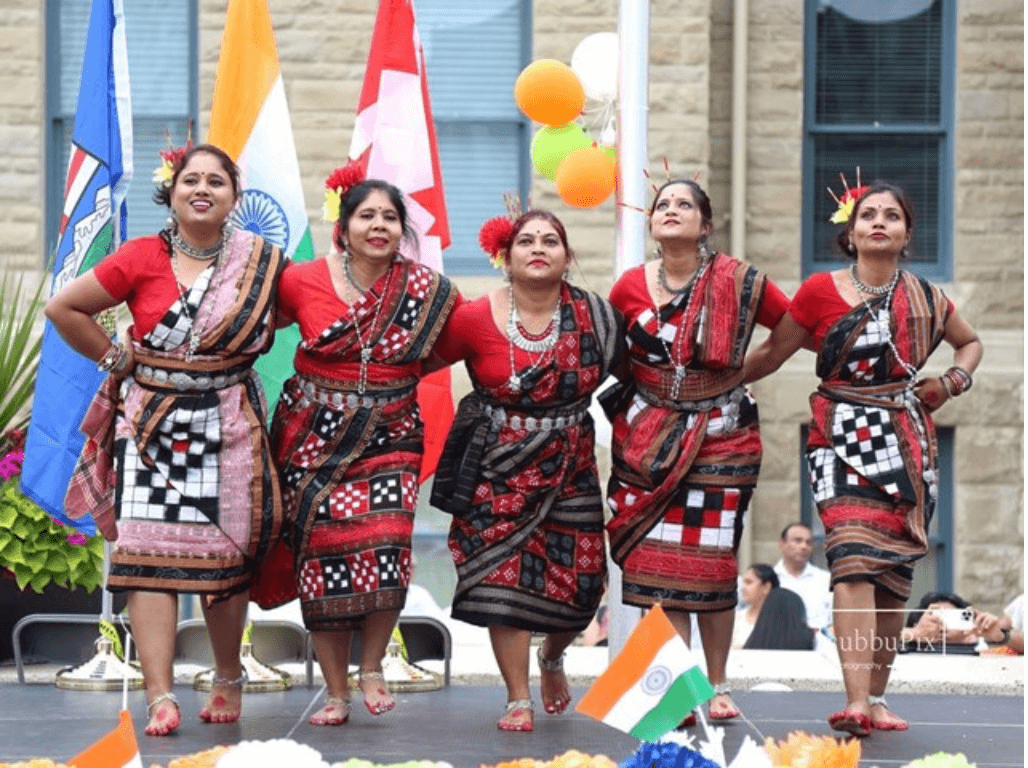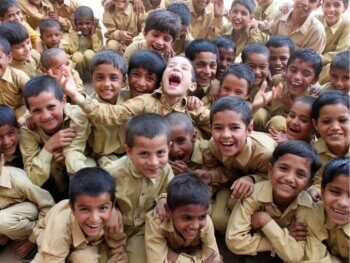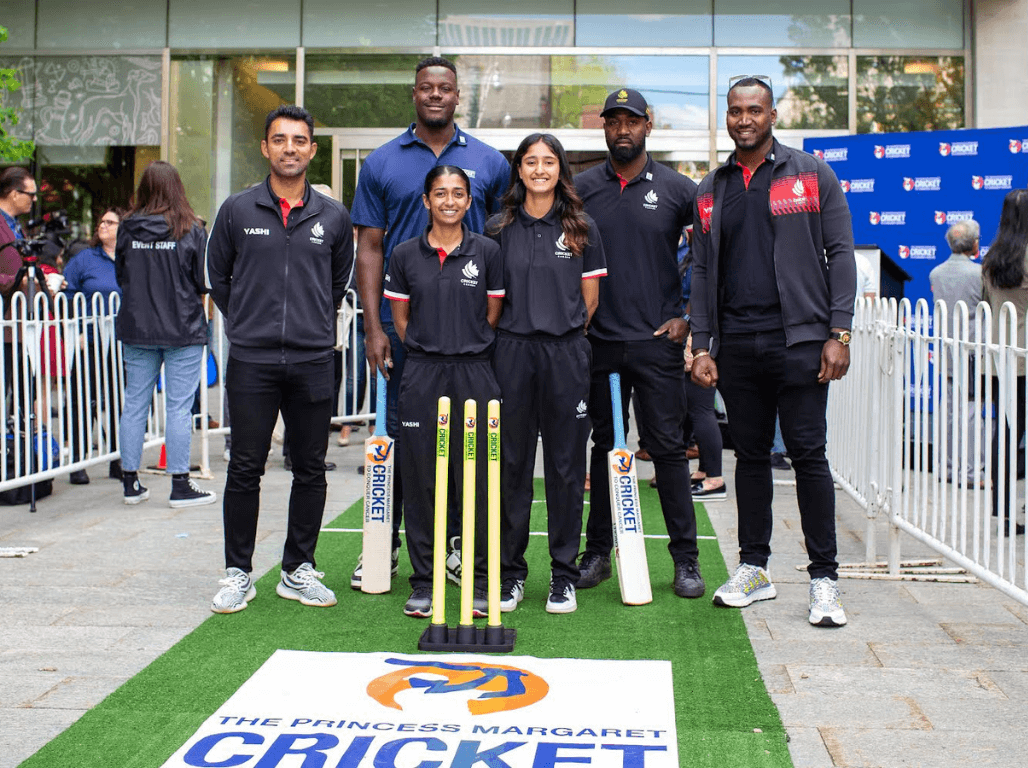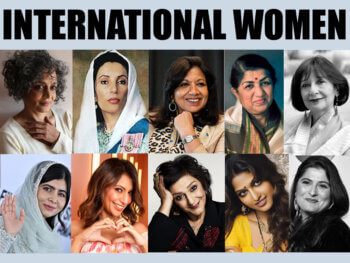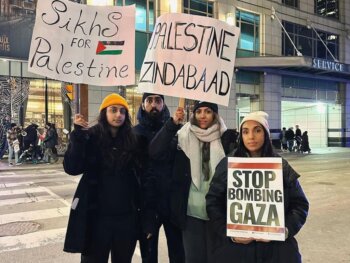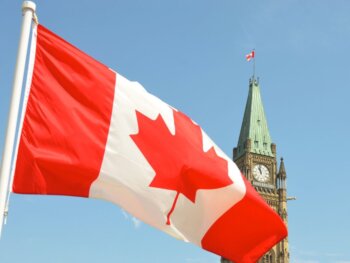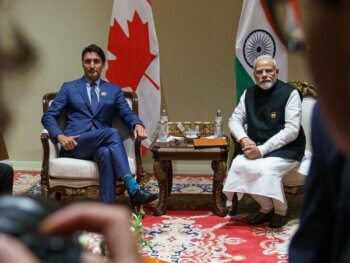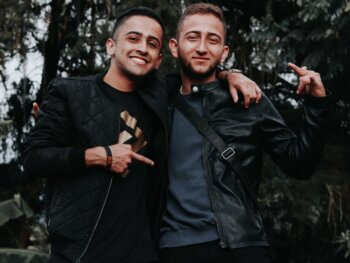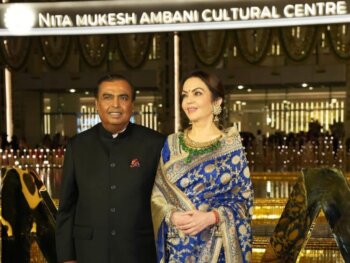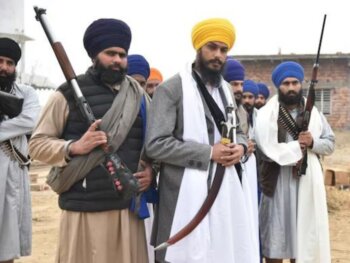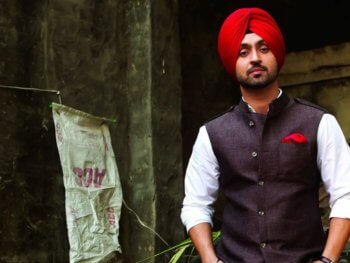On January 7, Sheikh Hasina, leader of the Awami League (AL), secured her five-term as Bangladeshi prime minister amid a boycott by the principal opposition party, Bangladesh Nationalist Party (BNP) led by former PM Khaleda Zia, who is currently in jail. The vote has been panned as ‘’controversial’’, ‘’sham’’, and ‘’one-sided’’, amid an opposition boycott, claiming of rigging, violent incidents, and low voter turnout. We take a closer look at how the country’s longest serving Prime Minister has secured her fifth term, where she may be making enemies and why the human right’s world is questioning her governing style.
[ About The Contributor: Mehak Kapoor (@makeba_93) is a reporter, anchor, and content writer with 10 years of TV and digital media experience. She has been associated with some of the most respected news channels and digital media houses like Network 18, Digi Osmosis, and NDTV. She holds a passion for writing, reporting, telling the facts, and connecting with people from different paths of vigour. Mehak has interviewed distinctive personalities, including politicians, Bollywood-television celebrities, and CEOs from diverse industries. In her free time, she adores spending time in nature, dancing, penning poems, and dreaming to become an author of her poetry, one fine day.]
In the race to win the elections, instead of a political party, independent candidates secured a total of 63 seats, holding the second highest and Hasina’s Awami League (AL) won 222 out of 300 parliamentary seats, shaping a problem of finding a parliamentary opposition.
It is the fifth term in total for Ms. Hasina, who first became Prime Minister in 1996 and we re-elected in 2009, remaining in power since.
‘’I am trying my best to ensure that democracy should continue in this country,’’ she told reporters as she cast her vote.
Human Rights Watch (HRW) states that nearly 10,000 activists were arrested after an opposition rally on October 28. The protests turned violent, resulting in the deaths of at least 16 people and injuring more than 5,500. The scenario accused the Awami League’s government of ‘’filling prisons with the ruling government’s opponents.’’
The U.S. and others condemned the elections, showcasing issues like arrests and alleged deformities. Hasina’s government focused on economic development yet faced challenges like inflation and authoritarianism allegations by HRW. Some nations congratulated Sheikha Hasina, but many fear a potential shift towards authoritarian rule, questioning the world’s response to diminishing democratic ideals in Bangladesh.
A Deliberate Dynasty
Since its establishment in 1971, Bangladesh’s political landscape has been predominantly shaped by two parties: the Awami League, founded by Sheikh Mujibur Rahman (Sheikh Hasina’s father), the country’s inaugural prime minister who was tragically assassinated; and the BNP, established by Gen. Ziaur Rahman, a military leader who assumed power through a coup and met a similar fate. The BNP is presently officially led by Khaleda Zia, the widow of Gen. Ziaur Rahman and a former prime minister, who is behind bars.

Sheikh Mujibur Rahman is called the ‘’Father of the Nation’’. The government of Sheikh Hasina has also enacted punishments for any lewd comments, written work, or posts on social media that could damage or defame her father’s legacy. Dozens of roads and education institutes have been named after Sheikh Mujibur Rahman. Sheikh Hasina was born in 1947 in southwestern Bangladesh, then East Pakistan, and holds a graduate degree in Bengali literature from Dhaka University in 1973.
Hasina first served a term as prime minister in 1996 but lost to Zia five years later. The duo was then detained on corruption and extortion charges in 2007, but later these charges were dropped and were free to contest an election the following year. Sheikh Hasina won those elections and has been in power since.
The entire family of Hasina was murdered in 1975 by a group of young army men who saw the assassination of Sheikh Mujibur Rahman, her mother, and her three brothers. At the time of the assassination, Sheikh Hasina, her husband Wazed Miah, and her sister were in Europe.
The surviving members of the family lived in exile in New Delhi, India for six years and Hasina was blocked from entering Bangladesh by the military government of Ziaur Rahman. Post being elected President of the Awami League on 16 February 1981, Hasina returned to Bangladesh on 17 May 1981 and received a huge welcome from thousands of Awami League supporters. The party and the Prime Minister have been under dozens of controversies and the assassination attempt was again made in 2004 as well.
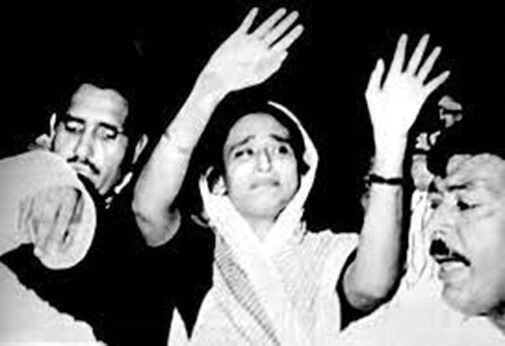
The PM has been accused of authoritarian behaviour by extensive human rights abuses by the Bangladeshi police and security forces. In 2015, Bangladesh’s long-serving head of government rejected the claims of killings, enforced disappearances, and mass arrests of opposition activists and Islamists. To one of the tabloids, Sheikh Hasina said, “My job is to assist the common people, I do politics for the people, not for me … People are enjoying democracy now. What people want is their basic needs. So, I’m trying to help people ensure their basic needs: food security, healthcare, education, job opportunities and a better life.
Hasina has been in the term since 2009, a long-serving Prime Minster, however, Bangladesh has a term limit of two 5-terms. The parliament of Bangladesh is known as Jatiya Sangsad (House of the Nation), consisting of some 350 seats, most of which are filled through direct election. Legislators serve five-year terms. The parliament elects the President, who also serves a five-year term, with a two-term limit. Sheikha Hasina’s terms far exceeds what is legally allowed.
Main Image Photo Credit: Instagram
Mehak Kapoor | Entertainment Editor
Author
Mehak Kapoor (@makeba_93) is an entertainment and lifestyle journalist with over a decade of experience in anchoring and content creation for TV and digital platforms. Passionate about storytelling and factual reporting, she enjoys engaging with diverse audiences. Outside of work, she finds solace i...






